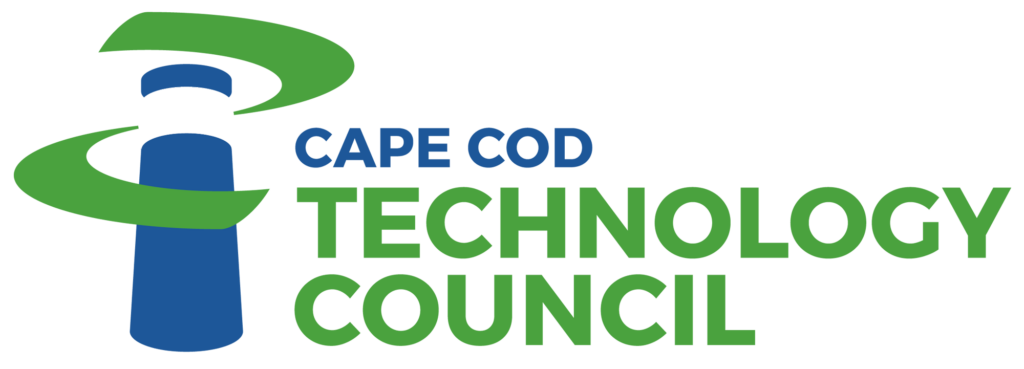At its November meeting, the Infrastructure Committee discussed the Mass Broadband Institute’s municipal digital equity planning program to assist towns in planning for digital equity. David Isenberg, chair of the board of advisors to FalmouthNet, reported on Comcast’s program of supporting internet for low income residents.
The Infrastructure Investment and Jobs Act designated $65 billion for broadband: $42 billion to build infrastructure and $14 billion to help people get online. The $14 billion has started to flow through the Affordable Connectivity Program (ACP), which provides a $30 monthly subsidy for low income households, or a $75 monthly subsidy for people living on tribal lands. Eligible households need to apply in order to receive this subsidy.
The participating national carriers that serve Cape Cod are Comcast and Verizon DSL. Comcast’s Internet Essentials Plus, announced in May, provides 100 megabits down, 10 megabits up for $29.95 a month, which is fully covered by the subsidy. Equipment rental is free. This service normally lists at $83.95 a month, with another $14 a month for modem rental. Eligible households could save close to $100 a month by switching to Internet Essentials Plus.
Applying for the ACP requires proof that participants are in the SSI or SNAP program, have a child in the school lunch program, or are within 200% of poverty guidelines. Once registered in the ACP, applicants enroll for Comcast’s Internet Essentials Plus. David has volunteered to assist families in navigating the application process and is seeking referrals of families in need of assistance.
There is a partnership with the FCC and Housing and Urban Development focused on getting people who receive housing assistance on the program and it was suggested that Cape Cod’s school systems also become involved in this. One member reported that the Baker administration announced they were looking at a process to verify households in order to avoid duplicating paperwork when applying to multiple programs. The committee does not know where that stands.
The Infrastructure Committee also heard from Cape Light Compact regarding the Cape & Vineyard Electrification Offering submitted to the Department of Public Utilities. This offering is designed to increase access to solar, battery storage and electrification for low income customers.
Last summer legislation passed in the Climate Bill that allows program administrators or municipal aggregators who are running a three year energy efficiency plan in the Commonwealth to submit a limited offering. The legislation is in line with what Cape Light Compact has proposed in the past: pairing solar pv with heat pumps and battery storage.
The new Cape & Vineyard Electrification Offering would be a pilot program, providing 100 customers with the service, rather than the 250 proposed in a previous offering. CLC would cover the costs for low income customers in deed restricted properties and use heat loans to finance technologies for moderate income customers in deed restricted properties. They submitted the offering to the DPU in October. The public comment period is open through December 14.
Cape Light Compact requested support from the Tech Council. Since this offering is consistent with efforts the Tech Council has supported in the past, the Infrastructure agreed to present a letter of support to the Board for approval.
